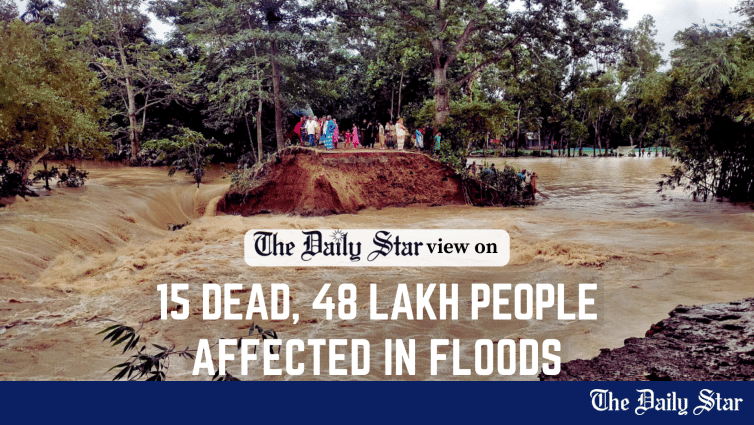- Messages
- 3,816
- Likes
- 2,043
If militarily we were not as weak as we are, we would have declared a war against India for their water terrorism against us. We should seriously think about acquiring Nuke from China to stop India from conducting water terrorism against Bangladesh.
Well in the present situation (interim govt.) such a move is unlikely. A lot of folks in the Armed forces during Hasina's time have been politically brainwashed to be heavily supportive of Indian whims and influence in Bangladesh. She appointed a lot of Awami people into the army. That will take time to correct/normalize but it will happen.
Meanwhile we can still do a total trade boycott of Modi's exports, especially ban any Adani or Ambani related exports to Bangladesh (Adani's Rupchanda brand cooking oil is one such product, there are scores of other products Like Emami and Parachute which alone do hundreds of million in business in Bangladesh). That is more likely and will happen much sooner.
An effective trade boycott for Indian exports to the tune of about $45 Billion annually is perfectly legal and there is nothing that Modi and Company can do about it. Avoid Kolkata for medical treatments altogether - these are a bunch of hyper nationalist Modi supporters. Popularize medical treatment in Malaysia and Thailand.







